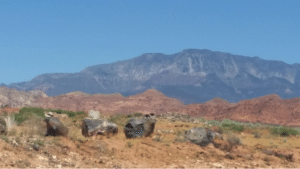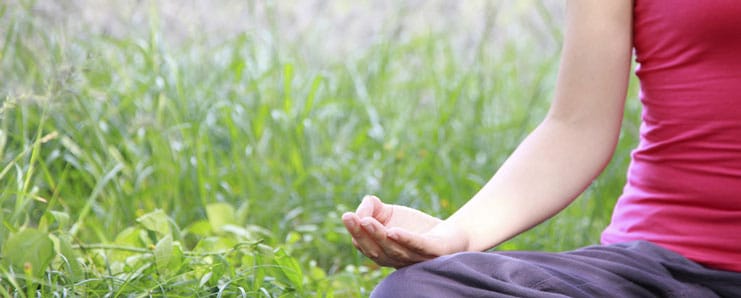Research has shown that spending time in nature is important for our health. When we spend time outdoors, we are typically more active and in movement while breathing in the fresh air. When creation surrounds us, we tend to feel more mindful, and simply walking outside in nature can reduce anxiety and reduce your blood pressure. Regarding long-term sobriety when you feel better you are less likely to relapse.

“To see the world in a grain of sand, and a heaven
in a wildflower is to hold infinity in the palm of your hand
and eternity in an hour.”
-William Blake
Nature offers us a powerful connection to our five senses, sight, sound, taste, touch, and smell. We can let go of the thoughts that tell us that we have to do something and just be. Just being in nature opens the right brain hemisphere with a focus on more of a holistic sense of connection, intuitive awareness of patterns, the beauty of nature, and our imagination.
Consider the indigenous cultures who spent all their time outdoors in nature. They were able to constantly connect with the beauty, peace, and calming of nature which also provided them with food, water, rain, and sunshine. This allowed them to open the four streams of awareness which filtered their perceptions from sensation, observation, and concept to knowing (Siegel, D., 2007). It is that knowing that helps to connect and become lost in the visual beauty and connect to all four streams of awareness which contributes to clarity and stability found in mindfulness and nature.
It is important for us to consider ways to enjoy nature for recovery
- Writing, drawing, painting in nature
- Going for a walk or hiking in nature
- Gardening
- Making music outdoors
- Prayer and meditation outdoors
- Practicing Tai’ Chi (soft movement connecting to the Chi “life-giving energy,”)
- Remaining mindful of our divine source for all creation.
Research conducted by Dr. Miles Richardson, a nature connection psychologist, surveyed 2,000 people and revealed that more than one-third of city dwellers spend four times longer looking at a computer screen or T.V. than they do spending time outside.
You may have heard of hugging a tree.
When you are in the presence of trees your heart rate changes, and you are calming and rebalancing the systems which regulate your emotions.
For example, if you consider the sound of the wind blowing through the trees they have a way of occupying our senses by providing a soothing influence. The actual physical touch of hugging a tree produces a type of trust and oneness with nature.
Ecotherapy
When we consider nature therapy or green therapy we look to Theodore Rosnak who developed Ecotherapy within the emergent field of ecopsychology. Ecotherapy is based on the idea that people are connected and impacted by nature. Research has shown that a nature walk reduced symptoms of depression in seventy-one percent (71%) of participants, compared to only 45% who took a walk through a shopping center.
A division of ecopsychology is Wilderness Therapy under the umbrella of Adventure Therapy. Wilderness therapy is utilized to mimic the challenges and pressures found within the family and social structures but is set up in an atmosphere free of negative influences and processed by trained therapists (Hoag et al., 2014). The benefit of wilderness programs for youth is the experiential process that requires the youth to trust their sense of inner knowing, strength, and resilience. Due to the physical, cognitive, and social demands of wilderness therapy this form of treatment may not be effective for older adults, people with certain mental or physical disabilities, or very young children.
Nature provides a backdrop of healing naturally. The challenge is to take time in nature when we can to just “be” being present is difficult for a generation of computers and cell phones. You may see people sitting in nature and not paying attention to the beauty all around them. They sit but with a tablet, cell phone, or computer, and although they may be enjoying the fresh air they are missing the “peace” that comes from nature.
It is not always possible for people to spend much time in nature; however, the next best thing to do is to watch movies that make you feel like you are right there in nature. There are also music videos like “Moving Art” which combine music and nature. The key is to meditate on the natural beauty that is all around us when we take the time to pay attention. If you are in recovery the value of taking time to watch nature or take a walk in nature will take your mind off any cravings that might arise.
The closer you get to nature for recovery and realize that our connection to nature is essential for our survival, you understand why there are people that fight to keep development down and maintain our environment. Nature will always be a reminder that everything is constantly changing and all life is connected in support of life. Nature facilitates our ability to become mindful observers from a place of heartfulness awareness. This awakens us to the “optical delusion” of our separateness, as Einstein referred to it. Nature is healing, and we are not separate but equally beautiful and loved.
Cinthia McFeature, Ph.D.

